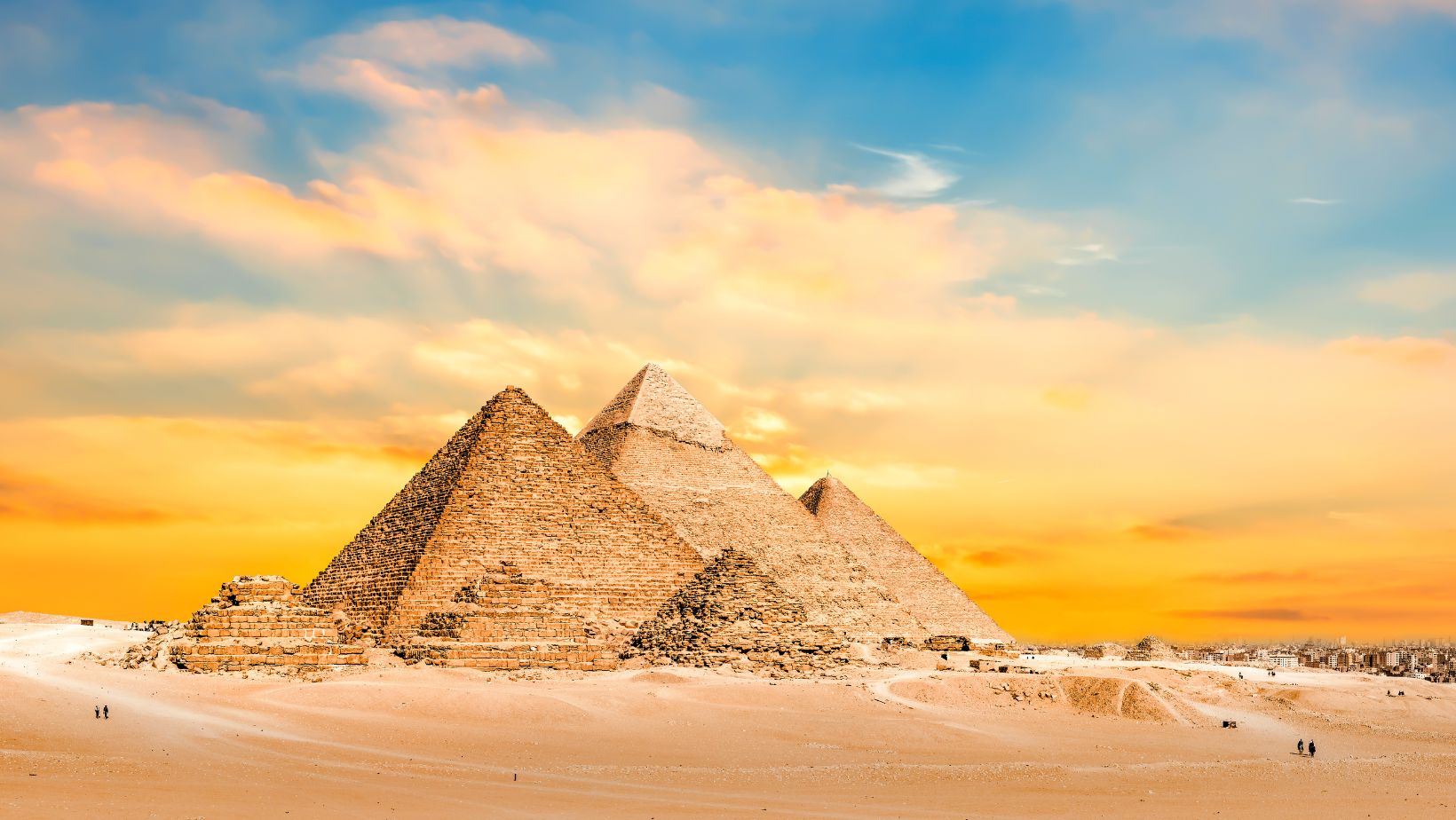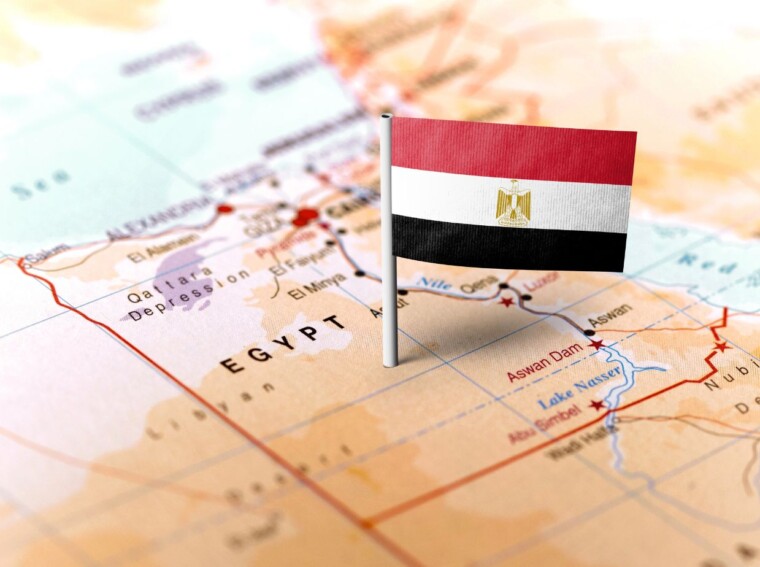Muhammad Ali Tried to Westernize Egypt by
When it comes to Muhammad Ali and his efforts to modernize Egypt, one cannot overlook his vision for westernization. Ali, the ruler of Egypt from 1805 to 1848, had a strong desire to bring about significant changes in various aspects of Egyptian society. Here, we delve into Ali’s vision for Egypt’s westernization and how he aimed to transform the country.
- Economic Reforms: Ali recognized the importance of economic development as a crucial aspect of modernizing Egypt. He implemented several reforms with the aim of boosting trade and industry within the country. One notable example is his encouragement of cotton cultivation, which helped establish Egypt as a major player in the global cotton market.
- Educational Advancements: In order to align Egypt with Western nations, Ali believed that education played a key role. He established schools based on European models and invited foreign teachers to impart knowledge in various fields such as science, medicine, and engineering. This emphasis on education laid the foundation for future generations to acquire new skills and contribute towards progress.
- Military Modernization: Recognizing that a strong military was essential for national security and stability, Ali focused on modernizing Egypt’s armed forces. He introduced training programs inspired by European military tactics and technology, aiming to equip his army with advanced weaponry and strategic knowledge.
- Infrastructure Development: Ali envisioned transforming Egypt’s infrastructure by introducing modern transportation systems such as railways and canals. The construction of the Mahmoudiyah Canal is an excellent example of his commitment towards improving trade routes within the country.
- Cultural Changes: As part of his westernization efforts, Ali encouraged cultural exchange between Egyptians and Europeans through trade partnerships, diplomatic relations, and intellectual exchanges. This interaction enabled Egyptians to gain exposure to different ideas, perspectives, technologies, arts, and literature from Western cultures.
Overall, Muhammad Ali set forth an ambitious agenda for westernizing Egypt. His vision encompassed economic reforms, educational advancements, military modernization, infrastructure development, and cultural changes. While his efforts were met with challenges and resistance from traditionalists, Ali’s initiatives laid the groundwork for Egypt’s future transformation into a more modern and globally connected nation.

Legacy of Muhammad Ali’s Westernization Efforts
When it comes to the legacy of Muhammad Ali’s Westernization efforts in Egypt, there are several key aspects that have had a lasting impact on the country. Let’s delve into some of these significant contributions:
- Modernization of the Military: One of the notable achievements of Muhammad Ali was his emphasis on modernizing Egypt’s military forces. He recognized the need for a well-trained and equipped army to protect and defend Egypt’s interests. Under his leadership, reforms were implemented to professionalize the military, introducing advanced weaponry and tactics.
- Educational Reforms: Another crucial aspect of Ali’s Westernization efforts was his focus on education. He established schools and institutions that emphasized modern subjects such as science, mathematics, and engineering, alongside traditional Islamic studies. This initiative aimed to provide Egyptians with a well-rounded education that incorporated both contemporary knowledge and cultural heritage.
- Infrastructure Development: Recognizing the importance of infrastructure for economic growth and societal development, Muhammad Ali initiated ambitious projects across Egypt. These included the construction of canals, roads, bridges, and irrigation systems to enhance agricultural productivity. His vision for a modernized nation led to significant improvements in transportation networks and access to resources.
- Industrialization Drive: To reduce dependence on foreign imports and spur domestic economic growth, Ali launched an industrialization drive in Egypt. He encouraged local manufacturing by establishing factories and supporting industries like textiles, metallurgy, weapons production, and shipbuilding. His efforts laid the foundation for future industrial development in Egypt.
- Legal Reforms: Muhammad Ali introduced legal reforms influenced by European models during his reign as Viceroy of Egypt. These reforms aimed at enhancing efficiency within the judicial system by introducing standardized laws based on codification principles rather than relying solely on Sharia law.
- Economic Policies: In order to stimulate economic prosperity in Egypt, Ali implemented various policies focused on trade liberalization and taxation reforms. He encouraged foreign investments, promoted agricultural exports, and sought to diversify the Egyptian economy.
It’s important to note that while Muhammad Ali’s Westernization efforts brought about substantial changes in Egypt, they also faced criticism and challenges. Some viewed these reforms as a threat to traditional values and cultural identity. However, his legacy as a transformative leader who worked towards modernizing Egypt remains an indelible part of the country’s history.
